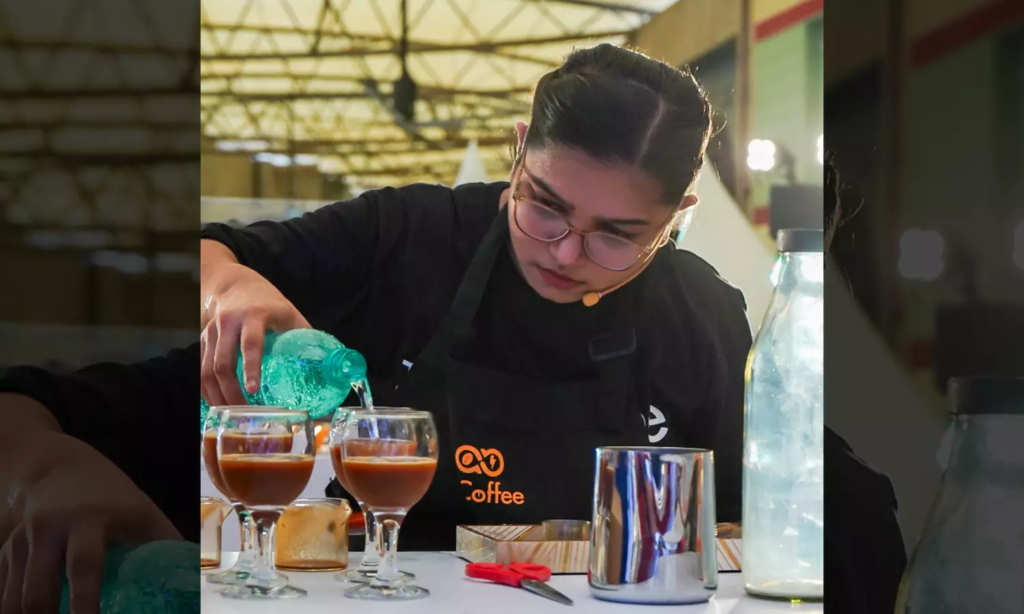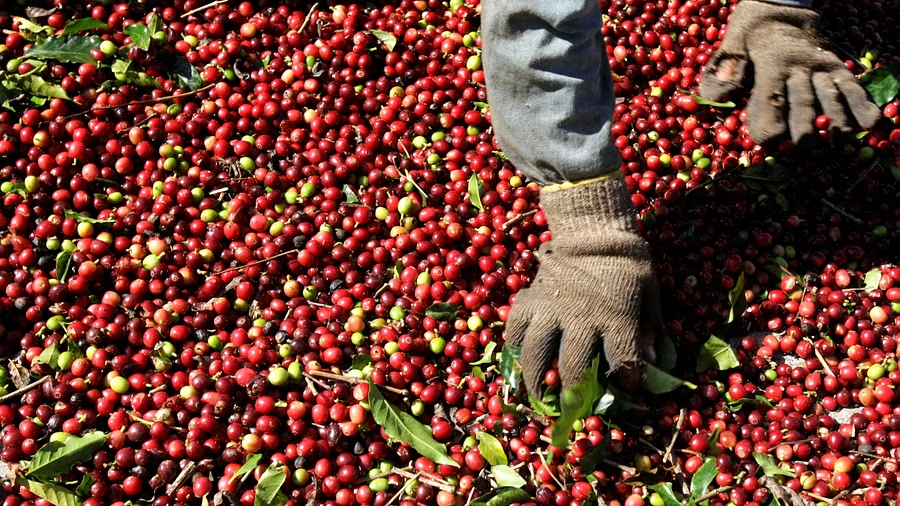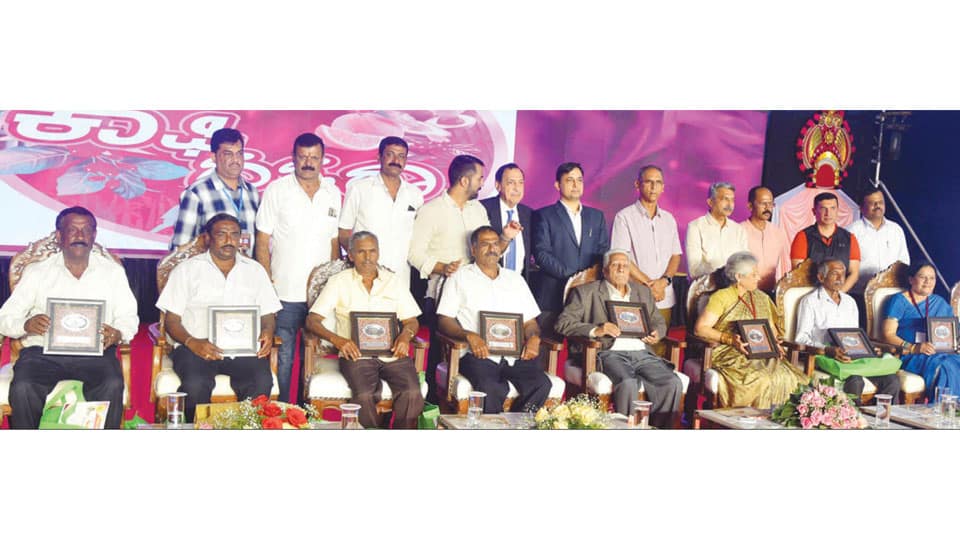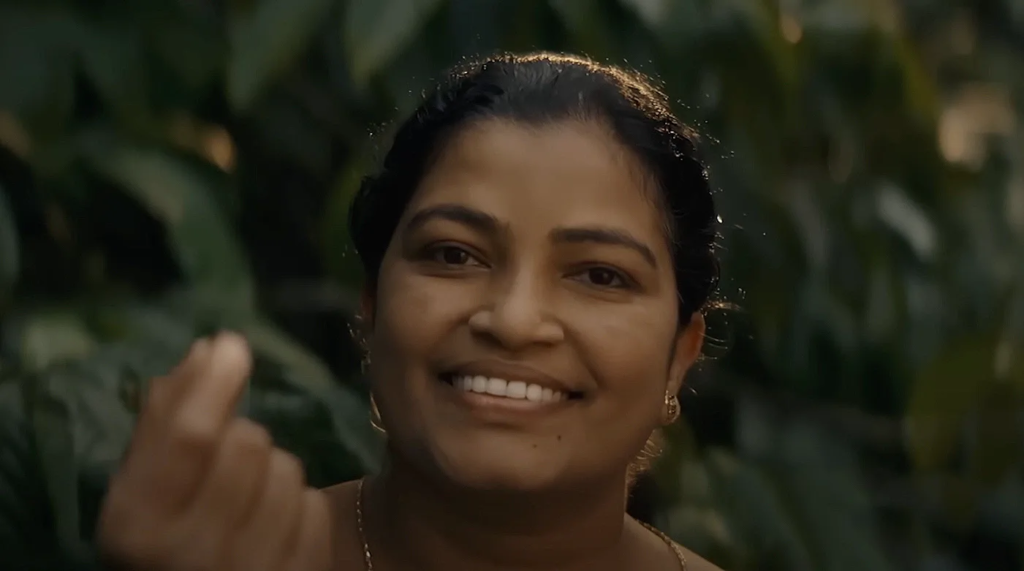Coffee consumption in India has increased to 91,000 tonne in 2023 from 84,000 tonne in 2012, where instant coffee has emerged a top favourite, as per a 2023 study by the Coffee Board of India and CRISIL.

Immersive experiences new coffee add-ons at cafes
For coffee drinkers, it’s not just about enjoying a saffron pistachio latte anymore, but also being part of the journey of the coffee bean from farm to cup.
From organising coffee tours to sampling sessions of ‘make your own brew’ while offering innovation in products, new-age coffee brands like Roastea, Blue Tokai, Barista and others are crafting experiences to make coffee a ‘cool’ drink.
“With increasing affinity for high-quality coffee, consumers are actively seeking out-of-home coffee experiences,” said Shivam Shahi, co-founder & COO, Blue Tokai, an Indian specialty coffee roaster & café chain, which opened its 100th store this year.
Blue Tokai recently collaborated with Royal Enfield for an immersive three-day road trip in the Eastern Ghats with 12 explorers and coffee enthusiasts, picking varieties of coffee plants for brewing sessions.
“Coffee brewing is now an immersive experience,” said DM Purnesh, president of Speciality Coffee Association of India (SCAI), who is spearheading the India International Coffee Festival (IICF) in India, an ongoing event with participation of over 150 brewers, growers, roasters, exporters, traders, cafe chain owners, retailers and coffee connoisseurs from all over India.
“Much like other tea-drinking nations such as China, Japan, and the UK, India is seeing a shift towards coffee, particularly among the youth. The increasing number of cafés, not only in big cities but also in smaller towns reflects this growing trend. While tea-focused chains remain limited to low-price segments, the coffee scene is rapidly evolving with premium and unique experiences,” said Purnesh.
Coffee consumption in India has increased to 91,000 tonne in 2023 from 84,000 tonne in 2012, where instant coffee has emerged a top favourite, as per a 2023 study by the Coffee Board of India and CRISIL.
Also, the India coffee market is expected to reach $1,227.47 million by 2032 at a CAGR of 9.87%, as per Custom Market Insights. This is driven by increasing demand for specialty coffee (over 70% growth) and sustainable practices (60% preference among consumers), Kaapi Machines, an integrated beverage equipment company offering catering support to café chains including McDonald’s, Tata Starbucks, WeWork, ITC Hotels, and Taj Group, offer bean-to-cup tours, and customised roasting sessions for coffee connoisseurs.
“Consumer demand is ever-evolving but we see a new trend around milk-based beverages like Cortado and Macchiato, as well as drinks like infused cold brews and Nitro coffee,” said Abhinav Mathur, CEO & MD, Kaapi Machines.
Retailers are also supportive of selling coffee in unique ways and adapting to changing consumer preferences by offering alternatives such as oat and almond milk, catering to vegan and lactose-intolerant customers, shared Purnesh. “Cafés enhance the coffee experience with artistic presentations, like latte art and premium cutlery, adding an exciting dimension to the experience. This approach sets coffee apart from traditional tea offerings and aligns with modern consumer trends,” he added.
At the recently launched Tata Starbucks store in Delhi, coffee drinking combines local culture embedded in design and food offerings. From Punjabi floral motifs to connect the global coffee brand with Indian consumers, the store has cinnamon jaggery latte with organic jaggery sourced from Maharashtra; and cocoa birds eye chilli latte inspired from Meghalaya.
The demand for experience more than the product is led by the younger generation. Rajat Agrawal, CEO, Barista Coffee Company, which hosts exclusive tasting events and workshops on brewing techniques, latte art, and tasting sessions, said: “The millennial and Gen Z segment want innovation in everything. These sessions help consumers to be among the first to experience new blends, single-origin specials, or seasonal beverages like tiramisu iced latte. Our recent launch of dessert-based beverages like coffee bubble tea and affogatos, plant-based lattes and detox drinks, along with desserts cater to the growing desire for a luxurious experience,” added Agrawal.
Omnichannel beverage company Roastea that started in 2019, today serves nearly 60 million cups of coffee per year. Their focus is on product innovation and expansion strategy, tapping into tier-2 and tier-3 cities, where the brand sees a rising interest in premium coffee. “We have tried to elevate the experience beyond drinking by organising barista competitions, different brewing methods like pour-over or filter method and sampling by consumers. Consumer demand is steadily increasing for specialty coffees, sustainable products, and personalised experiences, so we plan to expand our offerings to national highways, speed corridors, and markets like the Middle East in the future,” said Chaitanya Bhamidipaty, co-founder of Roastea.
New product offerings are also a value addition to the coffee experience. For instance, Canadian coffee house Tim Hortons introduced Aerocano, an espresso-based beverage infused with microfoam. “This new introduction to our menu aligns with the growing demand for diverse coffee experiences in India,” said Tarun Jain, CEO, Tim Hortons India.
93 Degrees Coffee Roasters offers products like easy pour-over packs and cold brew bags. The brand also hosts sessions on coffee brewing workshops, latte art and sensory workshops like practice intensities, aroma descriptors, flavour characteristics.
“Earlier, Indians mainly enjoyed instant coffee, and later, South Indian filter coffee became popular. Taking this a step further, we plan to launch ready-to-drink cold coffee cans and cold brew cans to enjoy specialty coffee on the go,” added Mishthi Aggarwal, CEO, 93 Degrees Coffee Roasters.
Roastery Coffee House, established in 2017 as a specialty coffee roaster, with presence in Hyderabad, Kolkata, Noida, Lucknow, Delhi, and Jaipur, recently sold over 100,000 cups of cranberry coffee in six months. The crimson drink is a playful variation of coffee.
source: http://www.financialexpress.com / FE Leisure, Financial Express / Home> Business News> Life> Lifestyle / by Vaishal Dar / November 10th, 2024
